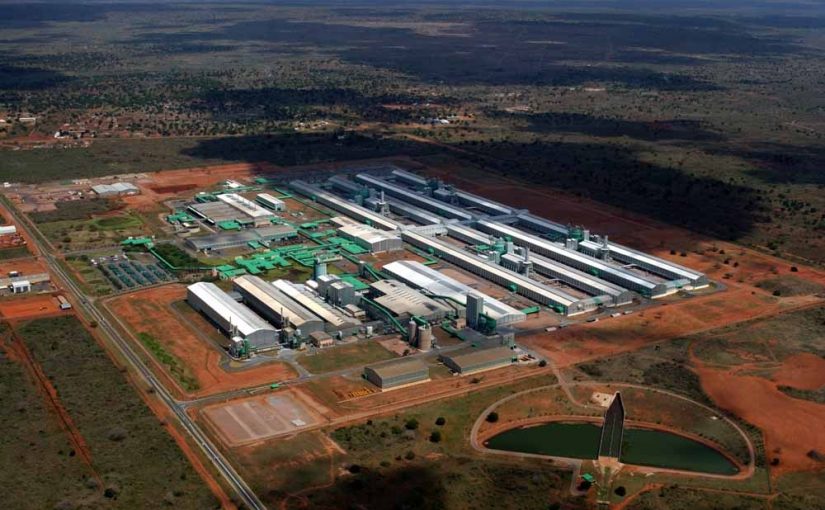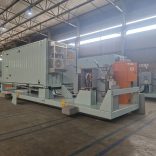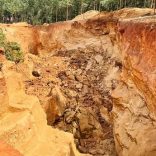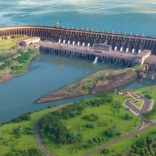CPLP energy regulators meet in Mozambique, push for cooperation to curb power cuts across the ...
Mozambique: New power supply contract priority for Mozal

FILE - For illustration purposes only. [File photo: Mozal]
Future expansion of the Mozal aluminium smelter at Beluluane, just outside Maputo, depends on a new contract for the supply of electricity to the smelter, according to Graham Kerr, the Chief Executive Officer of South 32, the international mining and metals company that is the main shareholder in Mozal.
Speaking with reporters, after meeting in Maputo with Mozambican Prime Minister Adriano Maleiane, Kerr said that the current contract under which Mozal buys its electricity expires in 2026. He hoped it would be possible to extend the contract until at least 2030.
Mozal buys its power from the South African electricity company Eskom, but Kerr argues that, in reality, the power is Mozambican. This is because Eskom buys 1,150 megawatts from the Mozambican company, Hidroeléctrica de Cahora Bassa (HCB), which operates the Cahora Bassa dam on the Zambezi river.
READ: Mozal wants to use power generated in Mozambique – AIM
Eskom then sells 950 megawatts to Mozal. There is still no electricity transmission line from the Zambezi Valley to Maputo, and so HCB power must reach Mozal via Eskom.
Eskom faces huge problems in South Africa, and has been forced to adopt a programme of rolling power cuts (known as “load shedding”). South African consumers may object to the diversion of 950 megawatts to operate a Mozambican industry – even if it can be argued that this power originated in Mozambique.
Kerr said that Mozal cannot think far ahead until it has secured a long term agreement for the purchase of the power the smelter needs.
Currently the two production lines at Mozal produce 580,000 tonnes of aluminium a year, which devour 950 megawatts of electricity, making Mozal by far the largest consumer of power in the country.
There are suggestions that a third production line should be added, but Kerr stressed that these discussions cannot advance until the question of the power supply has been definitively settled.
READ: Mozambique seeks to end 50-year South Africa hydropower pact – Bloomberg
He ruled out building new production capacity elsewhere in the country. A third production line would take advantage of the existing infrastructures, while building an entirely new smelter in, for example, northern Mozambique “would be far more challenging”.
As for the frequent claim that Mozal pays no taxes, Kerr said the government takes a royalty of one per cent of Mozal’s revenue, plus the dividend to which it is entitled as a shareholder. But he admitted that Mozal is still not paying any corporate income tax.
Mozal’s direct and indirect employees pay personal income tax. Kerr claimed that 6.9 per cent of Mozambican direct taxes come from Mozal












Leave a Reply
Be the First to Comment!
You must be logged in to post a comment.
You must be logged in to post a comment.